BHUTAN
Plants and Animals

Plants and Animals
Plants and Animals
Plants
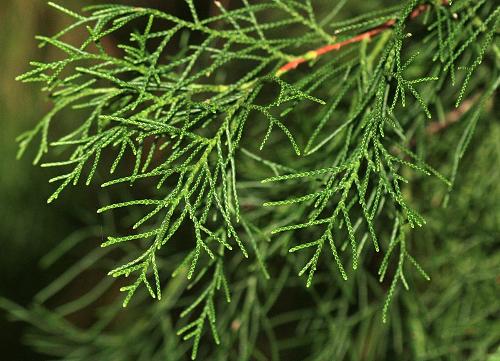 Bhutan's national tree, Cupressus cypress torulosaPhoto: S.Rae CC 2.0 Generic no changes made
Bhutan's national tree, Cupressus cypress torulosaPhoto: S.Rae CC 2.0 Generic no changes made
Bhutan is one of the last biodiversity hotspots in the world, with coniferous and deciduous forests growing to 72% of the total land area. Furthermore, 60% of the country has been declared a protected area.
As far as forest areas are concerned, Bhutan can be divided into three major zones:
-the alpine zone, above 4000 meters, where there are no forests
-the temperate zone, from 2000 to 4000 meters, with coniferous and deciduous forests
-the subtropical zone, from 150 to 200 meters, with tropical and subtropical vegetation.
Bhutan counts various forest types including spruce forests, mixed coniferous forests, forests consisting of the himalayads (Pinus wallichiana), also called teardrops, Bhutan pine or Wallichs pine, mixed coniferous and deciduous forests, highland hardwood forests, lowland hardwood forests and tropical lowland forests. Bhutan's national tree is the cypress Cupressus torulosa or teardrop tree. Also special is the wild Himalayan cherry tree, Prunus cerasoides, which grows in forests at an altitude of 1200-2400 meters.
Bhutan has a particularly large number of flower and plant species;more than 5000 species, including more than 600 orchid species, 300 medicinal plants and 46 rhododendrons. 60% of the Bhutanese flora is found in Eastern Himalya. Common plants include magnolia, juniper bush, orchids in many shades, gentian, pepper tree and giant rhubarb.
Very special is the blue poppy (Meconopsis grandis), the national flower of Bhutan. This plant grows above the tree line (above 3500 meters) on a rocky soil and reaches a height of about 1 meter.
There are five types of poppy in Bhutan, in addition to the red, yellow and white poppy. True enthusiasts are looking for the large creamy-white Maconopsis superba, which is only found in the Haa Valley.
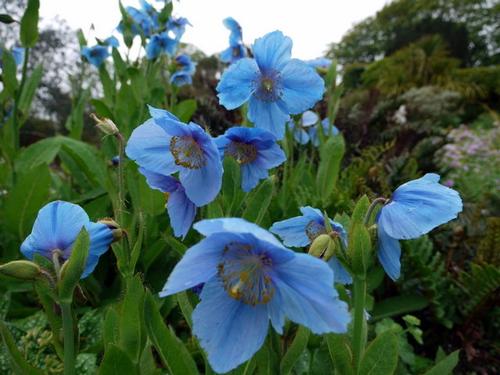 Blue poppy, the national flower of BhutanPhoto: Andrew Curtis CC 2.0 Generic no changes made
Blue poppy, the national flower of BhutanPhoto: Andrew Curtis CC 2.0 Generic no changes made
Animals
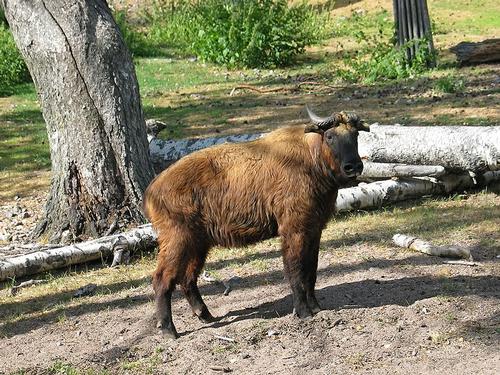 The takin is the national animal of BhutanPhoto:-Majestic- CC 3.0 Unported no changes made
The takin is the national animal of BhutanPhoto:-Majestic- CC 3.0 Unported no changes made
Many rare, endangered animal species live in the dense jungle and high mountains of Bhutan, including about 200 mammal species. Bhutan's oldest national park, Royal Manas, is home to many mammals typical of Bhutan and South East Asia in general, including water buffalo, gaur, himalayan forest gems, sambar (also called Aristotle deer or horse deer), muntjac, chital or chital, Asian elephant, blue sheep (also called bharal or naur) and the very rare Indian or armored rhinoceros.
Wolves, yaks, Himalayan marmot and musk deer live at higher altitudes. The high mountains are also home to the snow leopard, clouded leopard, Asiatic wild dog, red panda and black Himalayan bear. Other predators include the tiger, Asian golden cat, marble cat, manoel or pallas cat, Bengal tiger, sloth bear or bahloe and fishing cat or fish cat.
The Asiatic wild dog (also called red dog, alpine dog, dhole or adjak) has Bhutan recovered somewhat after a poisoning campaign in the 1970s and settled in Jigme Dorji National Park since the 1990s.
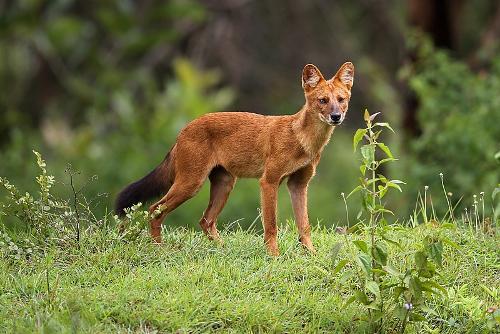 Asiatic wild dog reoccurs in BhutanPhoto: Davidvraju CC 3.0 Unported no changes made
Asiatic wild dog reoccurs in BhutanPhoto: Davidvraju CC 3.0 Unported no changes made
Bhutan's national animal is the takin, a type of moose. Deer, antelopes and wild dogs also live in the forests. The warmer regions of southern Bhutan are home to a variety of monkey species, including the Assam macaque or mountain red monkey, golden langur, crested langur, and a Hullman or gray langur species. Small mammals include the Bengal rabbitn and the pygmy pig.
In 2013, following various scientific studies, it was determined that Bhutan at that time had 36 amphibians (34 frogs, 1 salamander, 1 amphibian) and 83 reptiles (57 snakes, 20 lizards, 1 crocodile, 5 turtles).
Snake species include Small Striped Snake, Common Worm Snake, Dark or Burmese Tiger Python, Indian Wolf Snake, Flying Snake, Spectacle Snake, White-lipped Bamboo Viper, Indochinese Rat Snake, Russell's Viper and King Cobra .
Lizards include agames (including the leech), geckos (including tjitjak, flat-tailed gecko), skinks, monitor lizards (including Bengal monitor lizard, yellow monitor lizard) and a slow worm species.
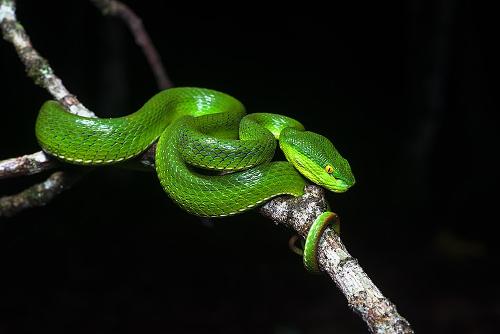 The white-lipped bamboo viper occurs in BhutanPhoto: Rushen CC 2.0 Generic no changes made
The white-lipped bamboo viper occurs in BhutanPhoto: Rushen CC 2.0 Generic no changes made
Yak
No other animal on the Tibetan plateau and in Bhutan is more imaginative and exemplifies the unique fauna in the Himalayas than the yak or bromine, the 'camel of the snow'. Hardened, stubborn, playful and at first glance clumsy, but on rugged and steep terrain indispensable for the people of Bhutan. Actually, only the bulls are called 'yak', the cows are called 'dri'. The bulls are, as with all cattle, larger than the cows, wild yaks are larger than the domesticated ones. Three main types of yak can be distinguished: with a square or rectangular head, with a long nose and a small version. There are also white yaks.
The yak was domesticated thousands of years ago by the nomads all over Central Asia and used for plowing, as a pack animal and as a producer of meat, milk (butter and cheese ), grease (paint), fertilizer fuel, clothing and canvas.
Wild yaks are an endangered species, but the population in Tibet, where the only true wild yak lives, seems to be increasing again in recent years . Yaks are often crossed with other bovine species.
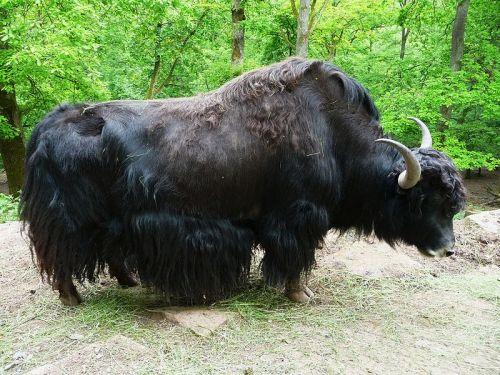 Yak Bull BhutanPhoto: 4028mdk09 CC 3.0 Unported no changes made
Yak Bull BhutanPhoto: 4028mdk09 CC 3.0 Unported no changes made
Bhutan has more than 700 various bird species (and new ones are still being discovered), of which more than 400 species are resident birds. The Phobjikha Valley in Central Bhutan is the main wintering site (late October-mid February) for about 400 rare black-necked cranes. The birds come from the Qinghai-Tibet Plateau and always arrive between 23 and 26 October.
Also in danger of extinction is the imperial heron, one of the 50 rarest birds in the world. Also special is the white-banded sea eagle, which can be seen in Bhutan on its journey in the spring and in the autumn from Tibet to North India and vice versa. In the Thrumshingla National Park there are six very endangered bird species: Himalayan yearbird (kind of hornbill), red-throated tigger, red satyridae, beautiful nuthatch, Harpactes wardi (trogon species) and robin wood partridge. The globally endangered white-winged forest duck has recently also appeared in Bhutan.
The raven is the national bird of Bhutan and is incorporated in the crown of the Bhutanese king.
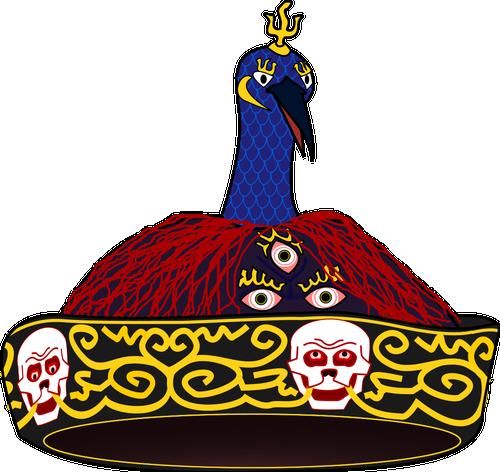 The raven crown of Bhutanese King Hariboneagle927Photo: Hariboneagle927 CC 3.0 Unported no changes made
The raven crown of Bhutanese King Hariboneagle927Photo: Hariboneagle927 CC 3.0 Unported no changes made
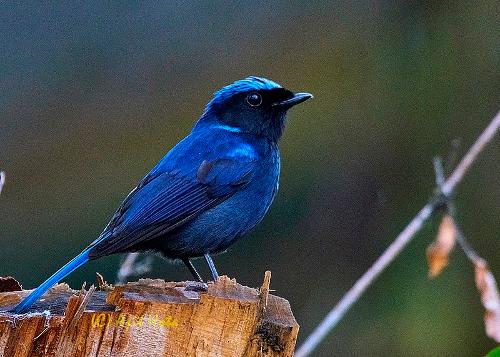 Cobalt niltava is found in BhutanPhoto: Ajit Hota CC 4.0 International no changes made
Cobalt niltava is found in BhutanPhoto: Ajit Hota CC 4.0 International no changes made
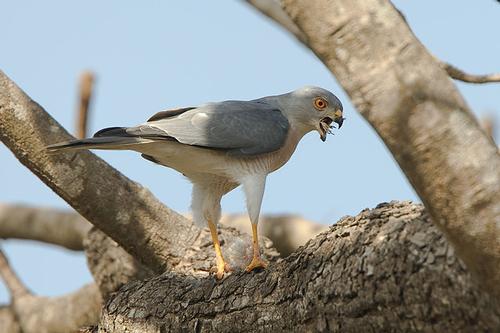 Shikra, bird of prey in BhutanPhoto: Jan Willem Steffelaar CC 2.0 Generic no changes made
Shikra, bird of prey in BhutanPhoto: Jan Willem Steffelaar CC 2.0 Generic no changes made
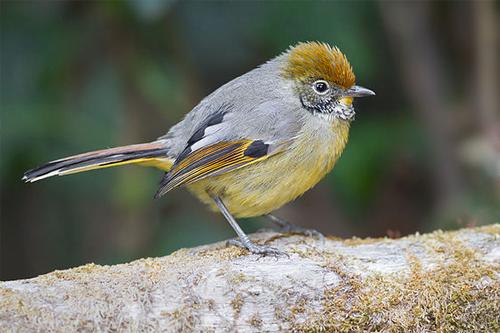 Ornate minnow, bird found in BhutanPhoto: JJ Harrison CC 3.0 Unported no changes made
Ornate minnow, bird found in BhutanPhoto: JJ Harrison CC 3.0 Unported no changes made
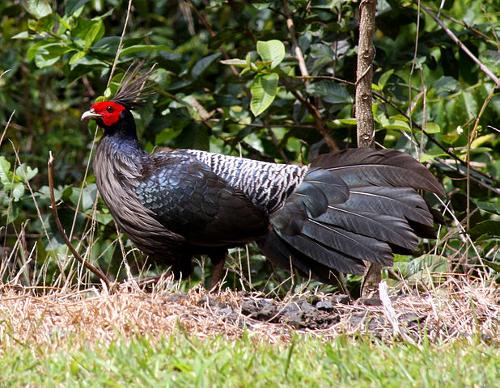 Nepal pheasant is found in BhutanPhoto: Tinyfroglet CC 2.0 Generic no changes made
Nepal pheasant is found in BhutanPhoto: Tinyfroglet CC 2.0 Generic no changes made
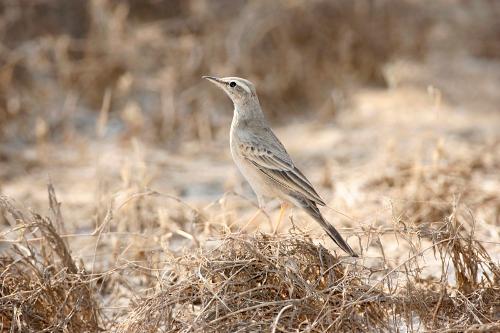 Long-billed piper occurs in BhutanPhoto: Lip Kee Yap CC 2.0 Generic no changes made
Long-billed piper occurs in BhutanPhoto: Lip Kee Yap CC 2.0 Generic no changes made
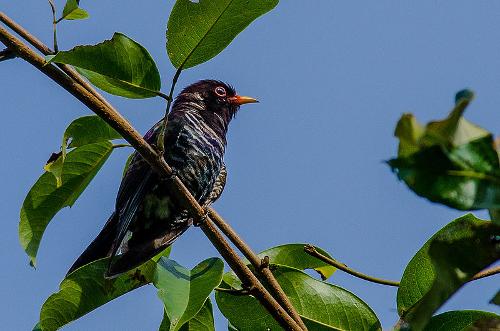 Amethyst Cuckoo is found in BhutanPhoto: Kesavamurthy N CC 3.0 Unported no changes made
Amethyst Cuckoo is found in BhutanPhoto: Kesavamurthy N CC 3.0 Unported no changes made
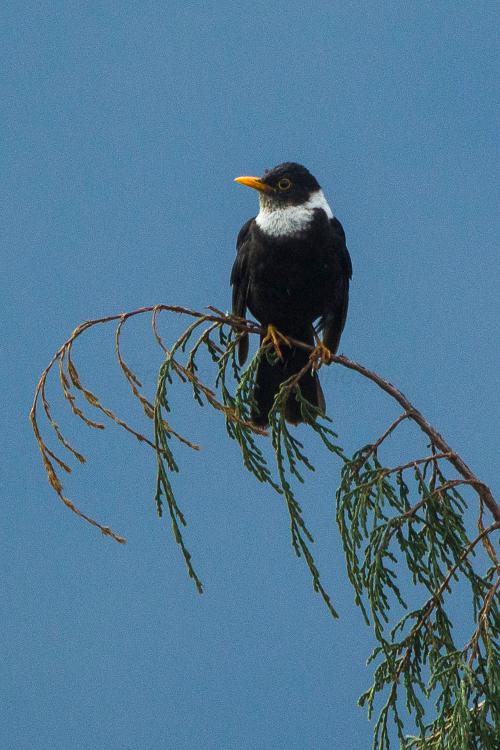 White-collared thrush is found in BhutanPhoto: Francesco Veronesi CC 2.0 Generic no changes made
White-collared thrush is found in BhutanPhoto: Francesco Veronesi CC 2.0 Generic no changes made
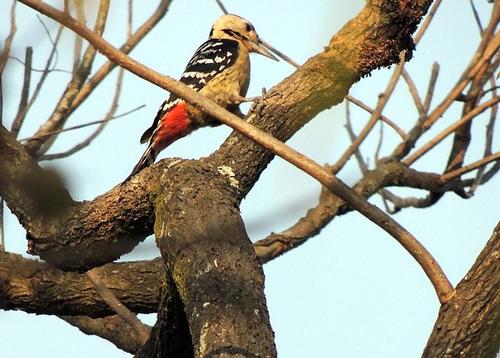 Darjeeling woodpecker occurs in BhutanPhoto: Nbu2012 CC 2.0 Generic no changes made
Darjeeling woodpecker occurs in BhutanPhoto: Nbu2012 CC 2.0 Generic no changes made
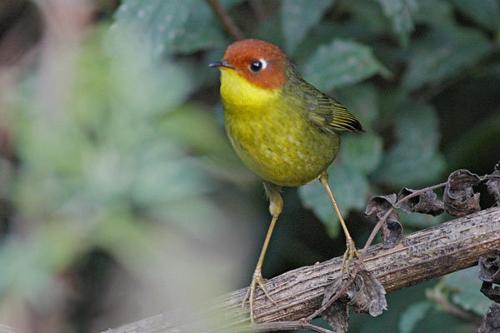 Chestnut Choptesia, Bhutanese BirdPhoto: John&Jemi Holmes CC 3.0 Unported no changes made
Chestnut Choptesia, Bhutanese BirdPhoto: John&Jemi Holmes CC 3.0 Unported no changes made
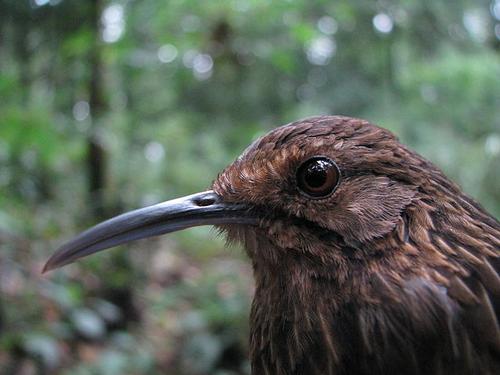 Assam dwarf creeper, Bhutanese birdPhoto: Umeshsrinivasan CC 3.0 Unported no changes made
Assam dwarf creeper, Bhutanese birdPhoto: Umeshsrinivasan CC 3.0 Unported no changes made
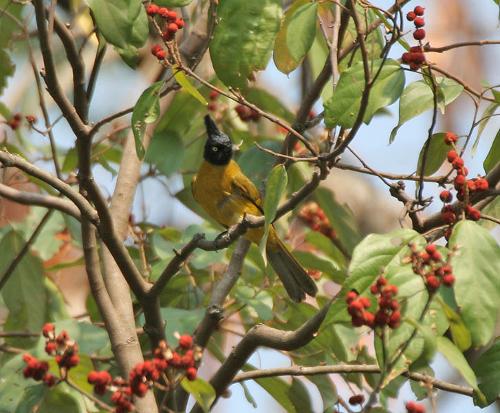 Black-crested Bulbul, bird from BhutanPhoto: JMGarg CC 3.0 Unported no changes made
Black-crested Bulbul, bird from BhutanPhoto: JMGarg CC 3.0 Unported no changes made
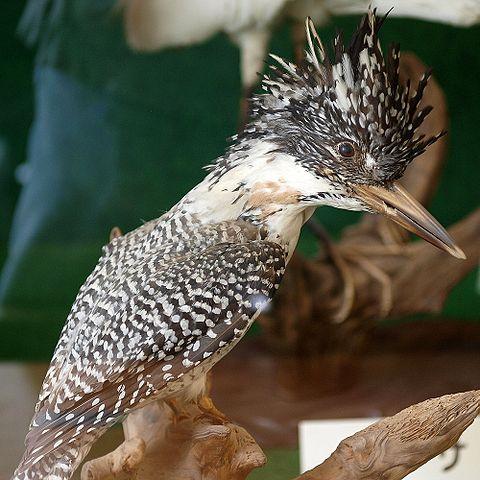 Chinese giant kingfisher, bird from BhutanPhoto: Public domain
Chinese giant kingfisher, bird from BhutanPhoto: Public domain
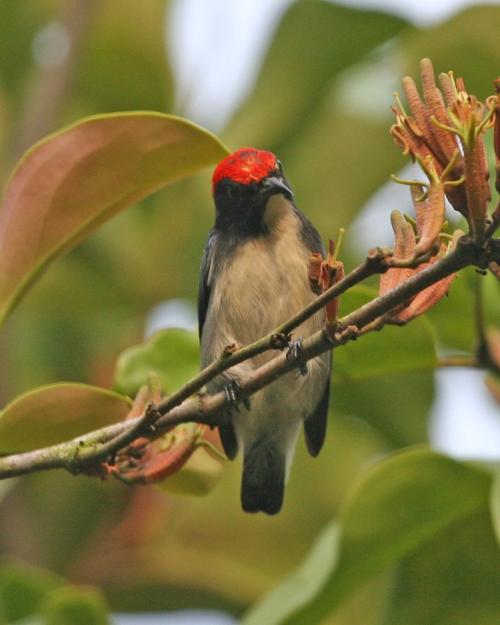 Red-backed honeybird, Bhutan birdPhoto: Lip Kee Yap CC 2.0 Generic no changes made
Red-backed honeybird, Bhutan birdPhoto: Lip Kee Yap CC 2.0 Generic no changes made
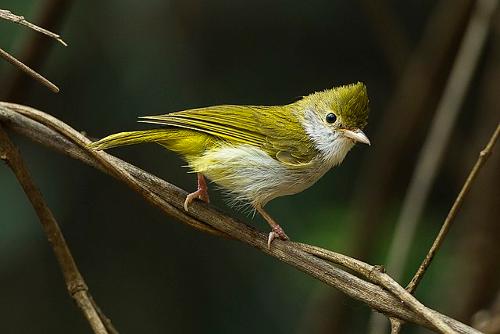 Green Most Malia, Bhutan BirdPhoto: Francesco Veronesi CC 2.0 Generic no changes made
Green Most Malia, Bhutan BirdPhoto: Francesco Veronesi CC 2.0 Generic no changes made
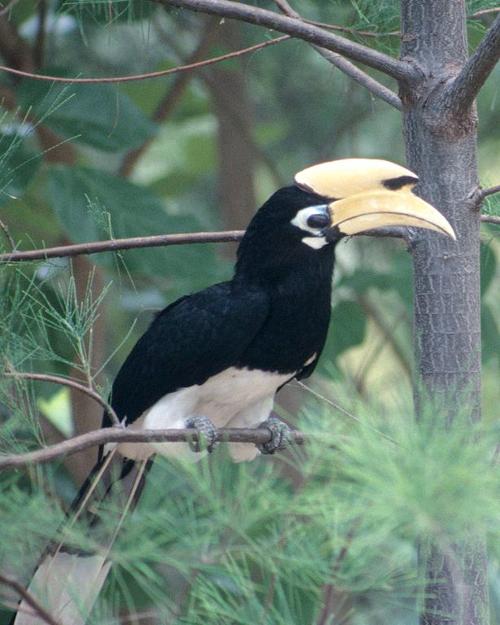 Pied Hornbill, Bhutanese birdPhoto: John J. Mosesso in the public domain
Pied Hornbill, Bhutanese birdPhoto: John J. Mosesso in the public domain
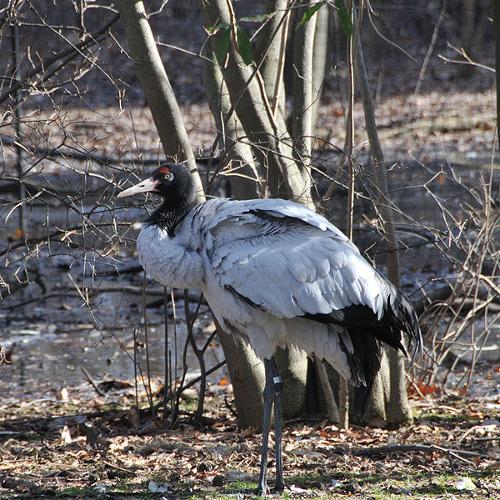 Black-necked crane, rare in BhutanPhoto: Eric Savage CC 2.0 Generic no changes made
Black-necked crane, rare in BhutanPhoto: Eric Savage CC 2.0 Generic no changes made
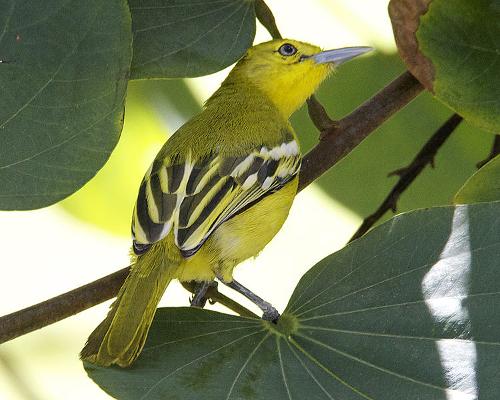 Common iora, Bhutan birdPhoto: Lip Kee Yap CC 2.0 Generic no changes made
Common iora, Bhutan birdPhoto: Lip Kee Yap CC 2.0 Generic no changes made
Sources
BBC - Country Profiles
Brown, Lindsay / Bhutan
Lonely Planet
CIA - World Factbook
Dorje, Gyurme / Bhutan Handbook
Footprint
Elmar Landeninformatie
Jordans, Bart / Bhutan : a trekker's guide
Cicerone
Pommaret, Françoise / Bhutan : Himalayan mountain kingdom
Odyssey
Te gast in Bhutan
Informatie Verre Reizen
Copyright: Team The World of Info